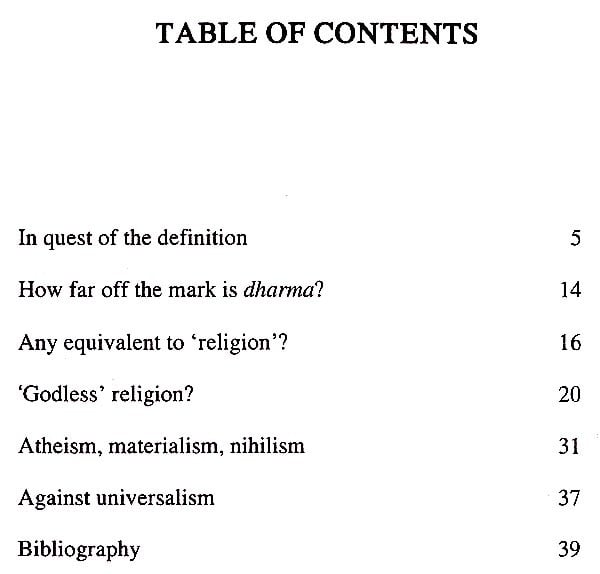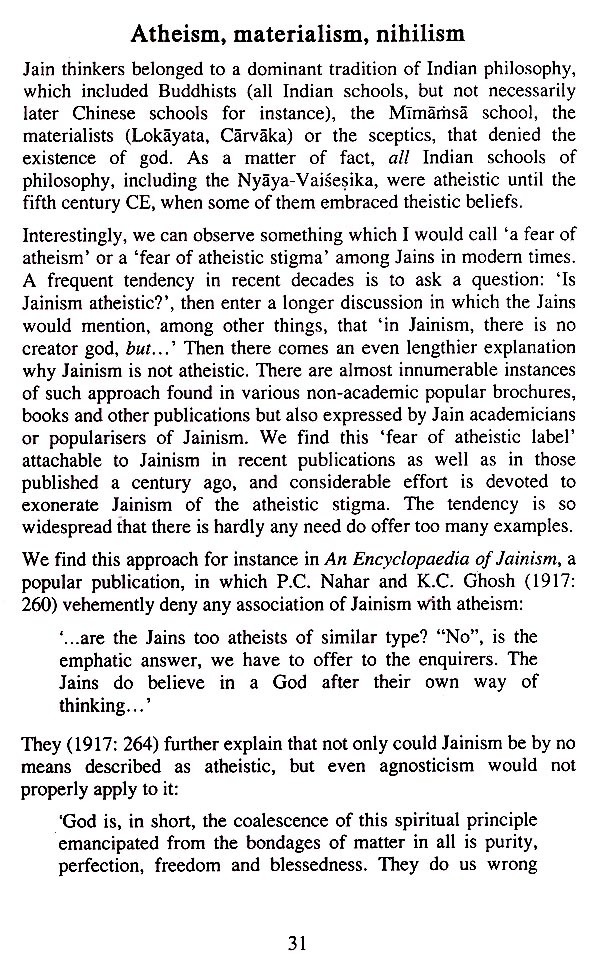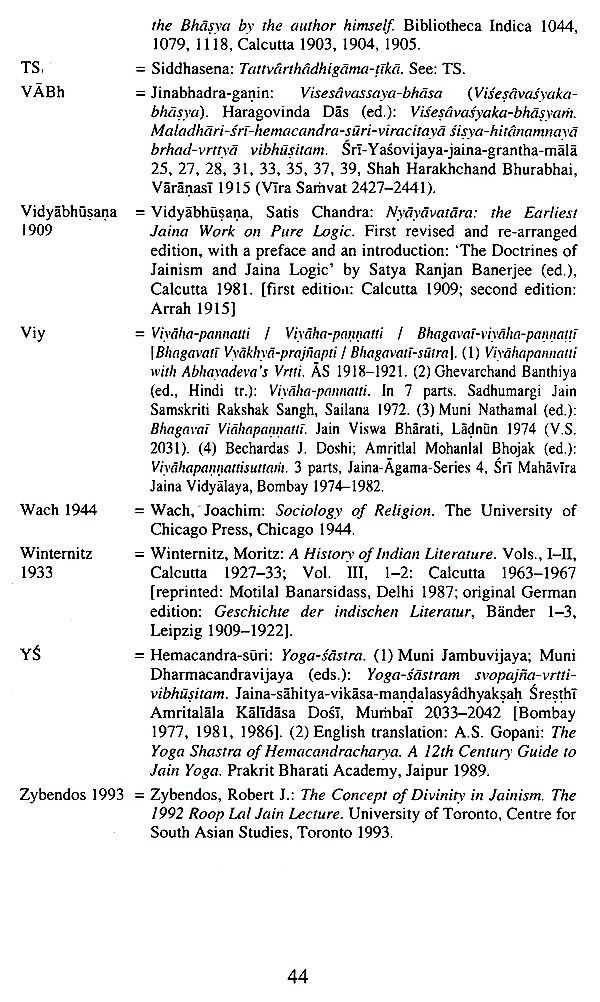
Jainism and the Definition of Religion
Book Specification
| Item Code: | UAC443 |
| Author: | Piotr Balcerowicz |
| Publisher: | Hindi Granth Karyalaya |
| Language: | English |
| Edition: | 2009 |
| ISBN: | 9788188769292 |
| Pages: | 44 |
| Cover: | PAPERBACK |
| Other Details | 8.50 INCH X 5.50 INCH |
| Weight | 70 gm |
Book Description
Is the idea of an 'atheistic religion' a contradiction in terms? Would it be justified to call Jainism or Buddhism atheistic or non-theistic? Many Jains themselves are quite uneasy about such questions and would downright reject the phrase 'atheistic Jainism'.
A related problem is whether ancient and mediaeval India knew the idea of religion and had a corresponding term for it, for the term dharma in the sense of 'religion' is clearly a modern invention. It would, however, be a paradox that the South-Asian Subcontinent, where a number of important religions originated, would not know the idea of religion. Was that really the case? Further, is it true that all religions point to the same unfathomable reality and share the same ideal which is universal to every culture?
In order to deal with these questions one should first examine the defining features of the phenomenon called 'religion'. Jainism and the Definition of Religion does precisely that. The author briefly sketches most important previous definitions of religion and offers his own. He takes Jainism, with its unique features, as an excellent point of departure in order to take a closer look at what constitutes religious phenomena and goes beyond traditional preconceptions.
Piotr Balcerowicz, of no nationality (which he emphasises), presently professor of Warsaw School of Social Sciences and Humanities (Department of International Relations), also teaching at the University of Warsaw (Department of South Asia). He specializes in philosophical and religious traditions of Asia, with emphasis on Indian epistemological thought and modern history of Asia. He lectures on Indian philosophy and Indian religions as well as on intercultural relations and on cultures and history of Central and South Asia.
He published extensively on Indian philosophy, epistemology and religions, esp. on Jainism and Buddhism, but also on the Middle East, Central Asia and Afghanistan, and authored a number of books on Indian philosophy, Jainism and history of Afghanistan. In 200' he founded an NGO Education for Peace (www.edukacjadlapokoju.org), active in Afghanistan, in Pakistan and Tibet, where he constructs schools and runs educational projects.
**Contents and Sample Pages**










